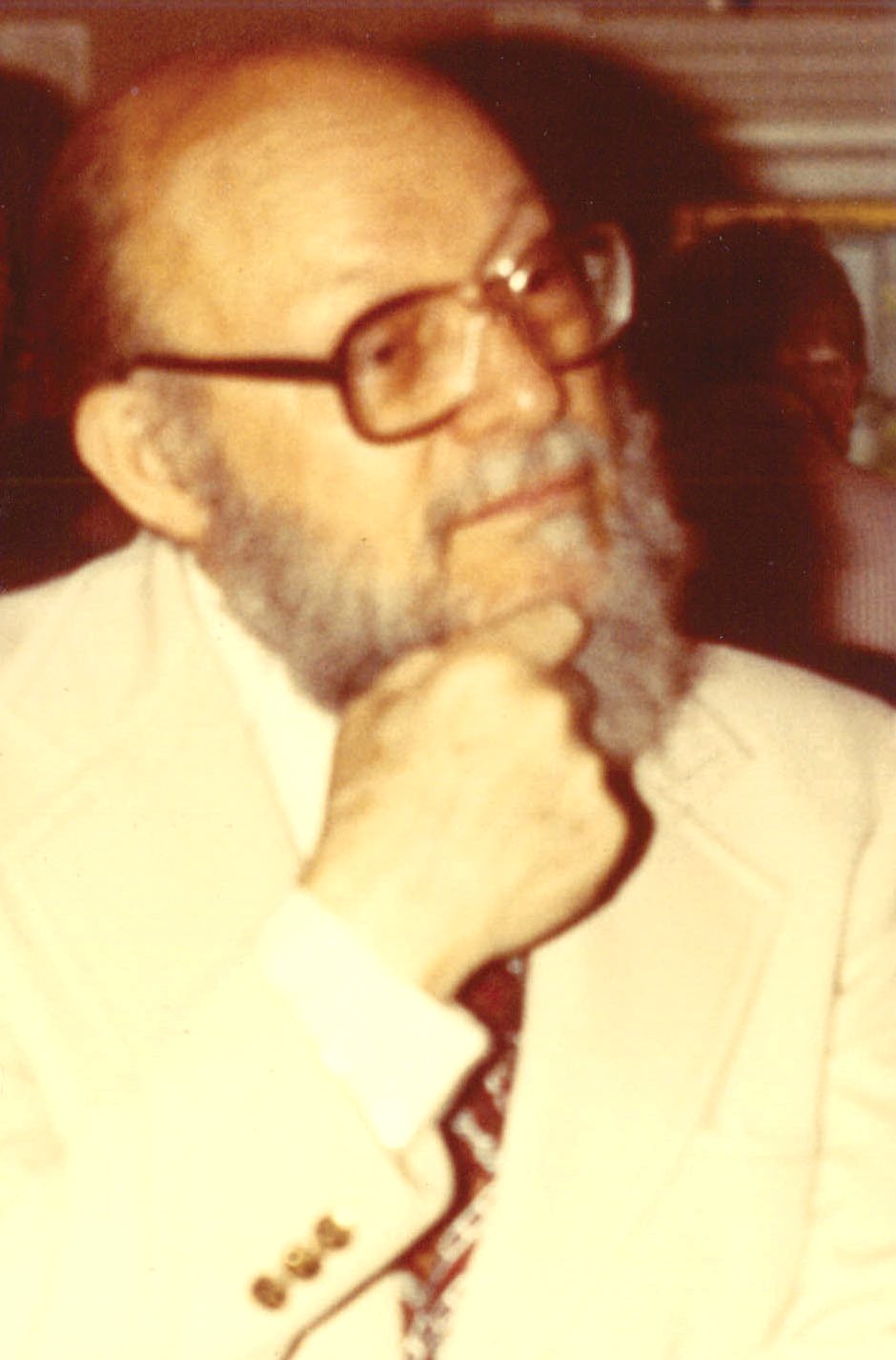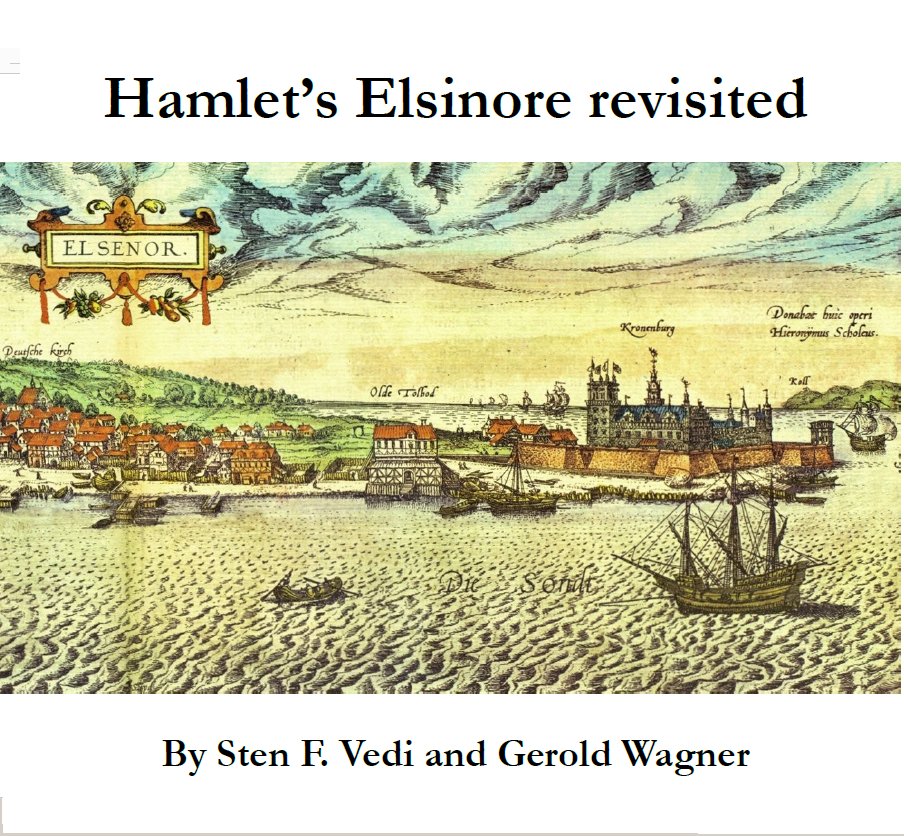|
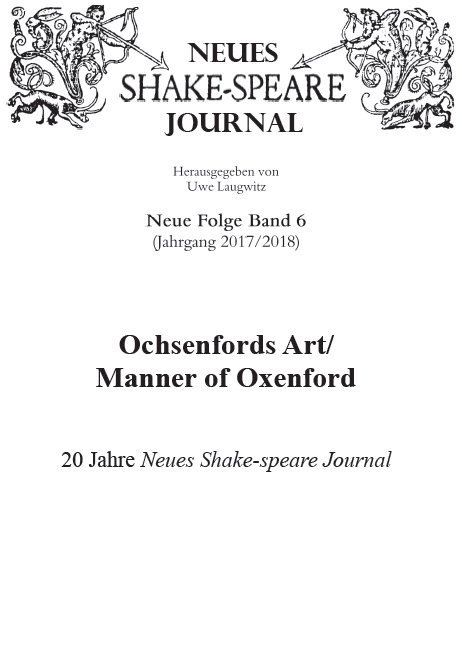
|
Neue Folge Band 6 (Jahrgang 2017/2018)
Ochsenfords Art / Manner of Oxenford
-- 20 Jahre Neues Shake-speare Journal
Inhalt:
Ein weiteres Porträt
Uwe Laugwitz: Rückblick auf 20 Jahre
Dokumente aus den ersten Jahren
Oxford For Lancaster! [Konzept U. L., 23. 8. 1996]
[Brief U. L., 29. 5. 1997]
Robert Detobel: Viel Gips, kaum Knochen
Ludwig Tieck: Fünfter Entwurf: Chronologisches Verzeichnis der Stücke Shakespeares. (1821.)
Christian Fuchs: Zu Shakespeare. Notizen eines Dramaturgen. Lesezirkel, Februar 1994
Robert Butler: Shakespeare & Co
Gary Goldstein: Wer war James Joyces Shakespeare?
Alexander Waugh: Praise for Edward de Vere, 17th Earl of Oxford
Gerold Wagner: Fremde Hände im Tempest?
Hanjo Schmidt: Briefe zur Sturm-Diskussion
Gerold Wagner: Cymbeline
Gary Goldstein: Eine kritische Antwort auf The New Oxford Shakespeare: Modern Critical Edition
James Warren: The First 100 Overt References In Print
To Edward De Vere As Shakespeare
Buchkritik
Alexander Waugh: Reflections on the True Shakespeare, by Gary Goldstein
Getrude Grabert: The troublesome Raigne of King Iohn
Notizen
Errata in Band 5, N. F.
ISBN 9783-933077-52-3, 196 S., EUR 17,- (Abonnement 14,-)
|
|

|
Reflections on the True Shakespeare is a clear and fascinating presentation of Oxfordian scholarship regarding the Shakespeare authorship controversy. Among other topics, Gary Goldstein explores the extant poetry of the 17th Earl of Oxford, Edward de Vere, as the juvenilia of the author we know as William Shakespeare, the use of the expanding popular theater as a vehicle of propaganda for the Tudor government, and the underlying presence of the Essex dialect in the plays. Throughout it all, he demonstrates an enduring curiosity, a wide and deep erudition, and an acute eye for crucial evidence.
Don Ostrowski, Lecturer (History), Harvard University
Gary Goldstein's Reflections on the True Shakespeare gathers a wide range of essays in a highly effective way. What sets Goldstein's work apart is the seriousness with which he treats his subject – seeing the authorship question as a cultural riddle with important implications – and the respect he has for fact. Most of the essays persuasively pile up factual evidence in support of a thesis and yet are written in a lively way so that the arguments are compelling. He is especially good on Shakespeare’s knowledge and use of foreign languages but is also able to use the same approach to make a convincing case that Edward de Vere, Earl of Oxford, was James Joyce’s candidate for Shakespearean honors.
Warren Hope, Professor of English, University of the Sciences
After he received a master’s degree from New York University, Gary Goldstein coproduced Uncovering Shakespeare, a three-hour televi-sion program on the Shakespeare authorship issue moderated by William F. Buckley, Jr. Goldstein later founded The Elizabethan Review, a peer-reviewed history journal that focused on the English Renaissance, which he served as editor from 1993-2001. Later, he was co-editor of Brief Chronicles from 2009-2011, a peer-reviewed literary journal that concen-trates on authorship studies.
special issue no. 6 of NEUES SHAKE-SPEARE JOURNAL
ISBN 9783-933077-47-9, 252 p., EUR 13,-
|
|
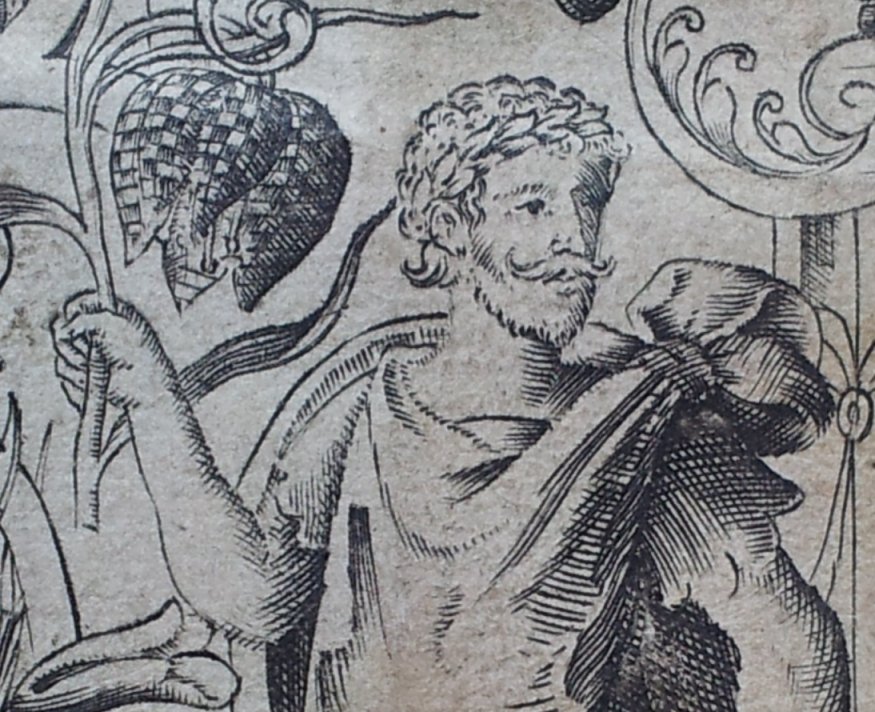
|
Neue Folge Band 5 (Jahrgang 2015/2016)
Botanik, Fechtkunst, Medizin, Latein, Bibliophilie, Reformation
-- einige Bildungaspekte bei Shakespeare
Inhalt:
Uwe Laugwitz: Zu dieser Veröffentlichung
* Ein weiteres Porträt
* Gerold Wagner: Rocco Bonetti, the Butcher of a Silk Button
* Rapier, Fechten, Duell und Ehrenkodex bei Shakespeare
* Shakespeares medizinische Kenntnisse
* Wie kommt Dr. Caius in die Merry Wives of Windsor?
* Latein bei Marlowe und Shakespeare
(mit Originaltexten und Übersetzungen von Frank-Patrick
Steckel, Ludwig Tieck und Dietrich Schamp, kommentiert
von Gerold Wagner)
* (I) Loues Labor’s lost IV.ii
* (II) Loues Labor’s lost V.i
* (III) The Troublesome Reign of King John I, 1
* (IV) The Troublesome Reign of King John III, 1
* (V) Marlowe, Massaker, Ramus-Szene
* (VI) Marlowe, Doctor Faustus, Monolog I, 1
* (VII) Marlowe Faust, Astronomie-Szene (II, iii)
* (VIII) Marlowe Faust, Beschwörungsszene
* Ernst Robert Curtius über Shakespeare als Buchkenner
und -liebhaber
* Gerold Wagner: Curriculum Vitae mit Begleittext
* Jan Cole: Oxfords Aufenthalt in Deutschland
* Robert Detobel: Harold Bloom
und die Verfasserschaftsfrage
* Getrude Grabert: Gedanken zu einigen Dramen
* Buchkritik
* William J. Ray: Dr. Magri’s Bow and Quiver
* Walter Klier: Von den Sagenhaften
* Notizen
ISBN 9783-933077-43-1, 202 S., EUR 17,- (Abonnement 14,-)
|
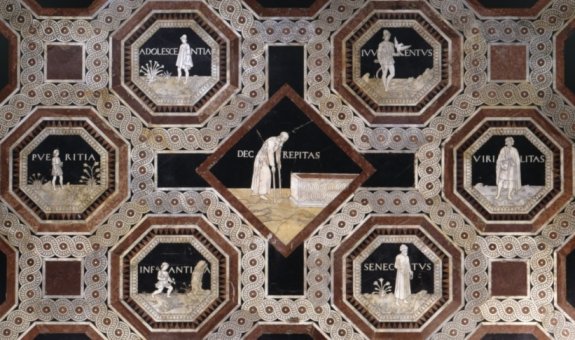
|
Neue Folge Band 4
Shakespeare-Lektüre 1
Inhalt:
Annette Reschke: Laudatio auf Frank-Patrick Steckel
* Uwe Laugwitz: Zu dieser Veröffentlichung
* Christopher Paul: Die kurios verworrene Chronik
* Frank-Patrick Steckel: Brief aus der Werkstatt
* Noemi Magri über Othello:
* Othellos Haus in der Sagittary
* Shakespeare und die Schiffe der Republik Venedig
* Shakespeares Namen
* Italienische Ausdrücke bei Shakespeare
* Nino Erné: Der Fall Othello
* Richard Paul Roe: Mittsommer in Sabbioneta
* Getraude Grabert: Karneval in Venedig
* Peter R. Moore: Did Ralegh Try To Kill Essex?
* Notizen
* Buchkritik
ISBN 9783-933077-38-7, 136 S., EUR 15,- (Abonnement 12,-)
|
|
Noemi Magri
Such Fruits Out of Italy
The Italian Renaissance
in Shakespeare’s Plays and Poems
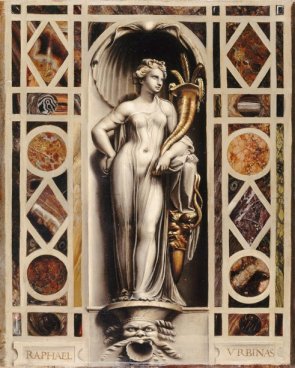
|
Noemi Magri's combination of a detailed first-hand knowledge of Italian geography, architecture, art, and history with a cool-headed,
rigorous approach to scholarship results in the kind of dazzling criticism that is rare in Shakespeare studies. She is unlike those traditional
Shakespeare scholars who, as she says, "rejoice" in finding factual errors in Shakespeare. Instead, she rejoices in finding the reality that
is behind Shakespeare's work. Her identification of the actual paintings described in the "Induction" to Shakespeare's The Taming of the Shrew
is a tour de force, but her whole book crackles with the passion of discovery. It is not to be missed. –
Warren Hope, Professor of English, University of the Sciences
Not only does Noemi Magri assure us that "Nothing in Shakespeare is meaningless," she shows this to be the case with numerous overlooked
or misinterpreted details regarding Shakespeare's intimate knowledge of Italy: its art, geography, politics, law, etymologies, and more.
Collecting Magri's work into one volume here, Such Fruits Out of Italy is a treasury of Shakespearean discoveries, and a triumph of scholarship.
Michael Delahoyde, Clinical Professor of English, Washington State University
Noemi Magri's Such Fruits Out of Italy is a fascinating and scrupulously researched collection of essays that makes an excellent case
for the idea that Shakespeare must have visited Italy, not merely read about the country in his source material.
Sky Gilbert, Associate Professor of Theatre, University of Guelph
A graduate of Ca’ Foscari University in Venice, Noemi Magri later devoted her PhD dissertation to Philip Sidney’s Astrophel and Stella, producing a new critical edition based on the first four editions of that Elizabethan book of sonnets. She also earned the distinction of being an Italian Fulbright scholar at New York University in 1985. For most of her professional career, she taught English at Mantua’s ITIS School and then trained the English instructors at ITIS. She also promoted English language and literature in Italian schools as an officer of the Anglo-Italian Society. For the last 15 years of her life she conducted the research and writing required to produce Such Fruits Out of Italy. She passed away in May 2011 in her native Mantua.
Editor: Gary Goldstein
special issue no. 3 of NEUES SHAKE-SPEARE JOURNAL
ISBN 9783-933077-37-0, 300 p., EUR 15,-
|
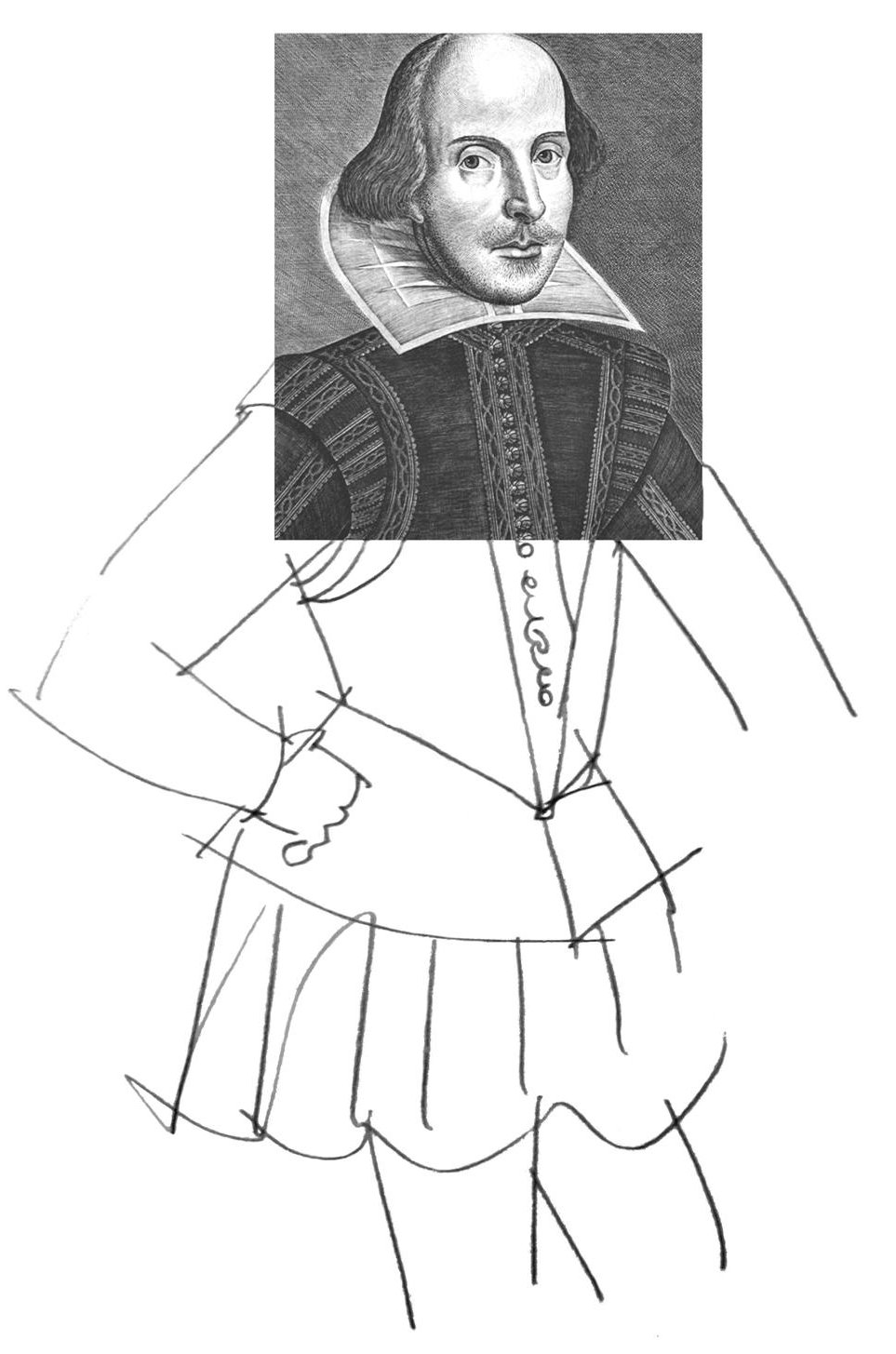
|
Neue Folge Band 3
Bilder und Bücher
Inhalt:
Zu dieser Veröffentlichung
* Ben Jonson: To the Reader.
* Frank-Patrick Steckel: Notizen zu Ben Jonsons Gedicht (mit einer eigenen Übersetzung)
* Hanjo Schmidt: Gedanken zum Droeshout-Stich
* Werner von Koppenfels: So sollst du dir ein Bild machen
* Vladimir Nabokov über Shakespeare
* Shakespeare (1924) Nachdichtung von Frank-Patrick Steckel
* Das Bestardzeichen (1947)
* Weiteres zum Thema Bilder
* C. W. Malim: Ein Pächter, der sich in Erwartung einer reichen Ernte aufhing
* Peter Moore: Die Rolle der Zeit in Macbeth
* Robin Fox: Oxfords Prozesse und Timons Charakter
* Karl Marx über Timon und Geld
* Gerold Wagner: Argall, she drowned herself wittingly
* Notizen
ISBN 9783-933077-33-2, 128 S., EUR 15,- (Abonnement 12,-)
|
|
Robin Fox
Shakespeare’s Education
Schools, Lawsuits, Theater
and the Tudor Miracle
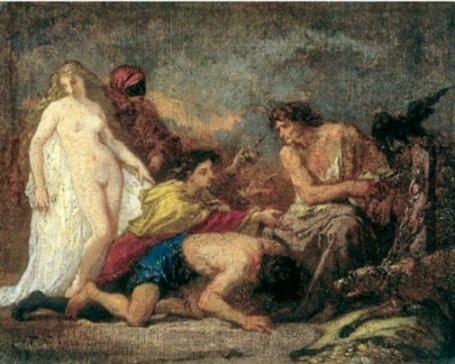
|
In Shakespeare's Education, the eminent anthropologist Robin Fox attempts to make the case for de Vere.
Times Higher Education
I'm one of those with a serious armchair interest in the Oxford Shakespeare argument, and I appreciate books like this one from a thorough-going academic who's willing to sweat the details. ... This short book by Fox helped my understanding in two major ways.
First, its thorough chapter on Tudor schools gave me a clearer perspective on the fairly certain education of Oxford and the possible education of Stratford Shakespeare. ...
Second, I greatly appreciated Fox's careful discussion of Oxford's fortune and why it disappeared, in the context of a major social/political shift that took off with Henry VII and that led to the draining on not only the Oxford fortune but of other noble wealth in land. ... Fox ties this aspect of Oxford's life also closely with the plays, especially Timon of Athens.
There's lots more in the book, and lots of good leads for still further reading.
Alan Venable on amazon.com
Fox contends
that the works attributed to William
Shakespeare were written by Edward de
Veré, the Earl of Oxford, and supports his
argument by careful analysis of the works
of Shakespeare, especially passages related to
schools and teaching and what they might
suggest about the education of the author.
Nicholas Graham, Library Journal
World-renowned anthropologist Robin Fox turns his analytic eye on the
Shakespeare authorship issue, and asks and answers some stark questions. He
attacks some shibboleths on both sides of the debate, and comes to his own
conclusions. Robin Fox is an anthropologist and historian of ideas, and is University Professor
of Social Theory at Rutgers University. Educated at the London School of
Economics, Harvard and Stanford University, he did research with Pueblo
Indians, Irish islanders and Macaque monkeys in the Caribbean. He founded the
department of anthropology at Rutgers in 1967 (among the top ten in the U.S.)
and was for twelve years a director of research for the H. F. Guggenheim
Foundation with Lionel Tiger, co-author of The Imperial Animal. His Kinship and
Marriage is one of the most consulted social science texts in the world. His latest
book is The Tribal Imagination: Civilization and the Savage Mind (Harvard UP).
(www.robin-fox.com)
special issue no. 5 of NEUES SHAKE-SPEARE JOURNAL
ISBN 9783-933077-30-1, 182 p., EUR 12,-
|
Wahrheit und Dichtung,
Umdichtung, Weiterdichtung
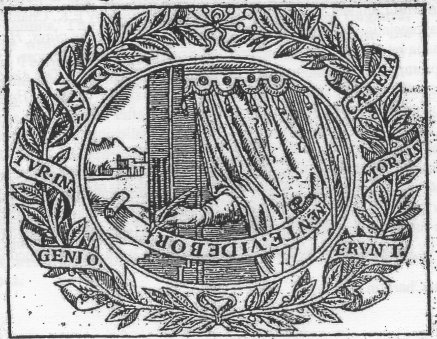
|
Face reality on this »Prince Tudor« business
Peter R. Moore
NEUES SHAKE-SPEARE JOURNAL 2011 (Neue Folge Band 2)
Klassiker-Lektüre *
Zu dieser Veröffentlichung *
Christopher Paul: »Shakespeares verlorenes Königreich«*
John Gill: Zwei Rezensionen zur Prinz-Tudor-Hypothese *
Noemi Magri: Die lateinischen Wahlsprüche auf der Titelseite
von Henry Peachams Minerva Britannia *
Noemi Magri: Der Einfluss italienischer Renaissancekunst
auf Shakespeares Werk: Tizians »Venus und Adonis«
im Palazzo Barberini in Rom *
Ein Gespräch mit Richard Paul Roe *
Roger Stritmatter: »Nicht ich bin es« – Sünde, Verfasserschaft und
Wille bei Shakespeare und Paulus *
Ramon Jimenéz: Wie zuverlässig ist Stilometrie? *
Kurt Kreiler: Eine Antwort an Robert R. Prechter *
u.a.
ISBN 9783-933077-28-8, 176 S., EUR 10,-
|
John Thomas Looney
und Sigmund Freud
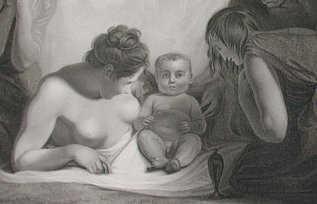
|
11. 3. 1928
Wien, IX. Berggasse 19.
Dear [Ernest] Jones
[...] Ich stehe wieder unter dem Eindruck eines Buches, das ich nach einem Jahr zum zweiten Mal gelesen. Ein Buch eines Mannes Looney, Shakespeare Identified, 1920 in
Amerika veröffentlicht, aber der Autor ist offenbar Engländer. Darin wird Edwarde de Vere, 17th Earl of Oxford, als der Verfasser von Shakespeare’s Lyrik und Dramen
wahrscheinlich gemacht. Ich war bisher überzeugter Stratfordianer und habe besonders die Baconhypothese als unsinning abge�wiesen. Aber jetzt, muß ich bekennen,
bin ich durch Looney’s Ermittlun�gen sehr beeindruckt, fast überzeugt. Wenn dieser Aristokrat, von dessen Leben viel bekannt ist und noch mehr bekanntwerden kann,
wirklich Shakesp. ist, dann haben wir an unseren analytischen Konstruktionen man�ches abzuändern, vielleicht manches auch zu gewinnen. Es wäre doch das Interesse
eines Analytikers wert, sich um diese Sache anzunehmen. Welche Aufnahme hat das Buch von Looney in England gefunden? Wie hat man sich zu der merkwürdigen Aufklärung
der Sonette u. a. verhalten? Möchten Sie nicht nachforschen, ob sich auf der neuen Annahme eine verläßliche Ana�lyse Shakesp’s aufbauen läßt? [...]
Ihr Freud
NEUES SHAKE-SPEARE JOURNAL 2010 (Neue Folge Band 1)
Sigmund Freud: Ansprache im Frankfurter Goethe-Haus *
Zur Gründung der Neuen Shake-speare Gesellschaft *
Zu dieser Veröffentlichung *
John Thomas Looney (1870-1944). Ein Nachruf in Briefen *
V. A. Demant: Erinnerungen an John Thomas Looney *
J. T. Looney: Der Charakter des Problems/Die Methode der Untersuchung
Freud über Shakespeare *
I Hamlet und Ödipus/Freuds Shakespeare-Studien bis 1910 *
II Das Motiv der Kästchenwahl (1913) *
III Die Ausnahmen/Die am Erfolge scheitern (1916) *
IV „Da sind dunkle Mächte im Spiel“/Freuds Abkehr von Stratford *
V „Eine ungeheure Taktlosigkeit“/Freud, Jones, Looney und Gay *
VI Freud als Oxfordianer *
Richard M. Waugaman: Psychoanalyse und die Verfasserschaftsfrage *
Ludwig Wittgenstein und Shakespeare *
Kurt Kreiler: Shakespeare ist ein Anderer *
Notizen/In Memoriam
ISBN 9783-933077-27-1, 164 S., EUR 10,-
|
